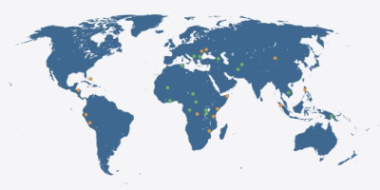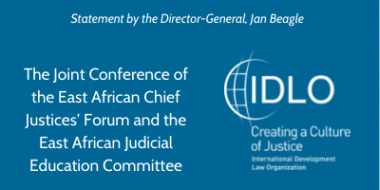Supporting rule of law reforms in Montenegro
Languages: English - Pусский
Widely considered to improve the effectiveness of justice systems by helping both the State and litigants avoid the costs and delays of court procedures, alternative dispute resolution (ADR) is a commonly used mechanism to resolve conflicts in many countries.












